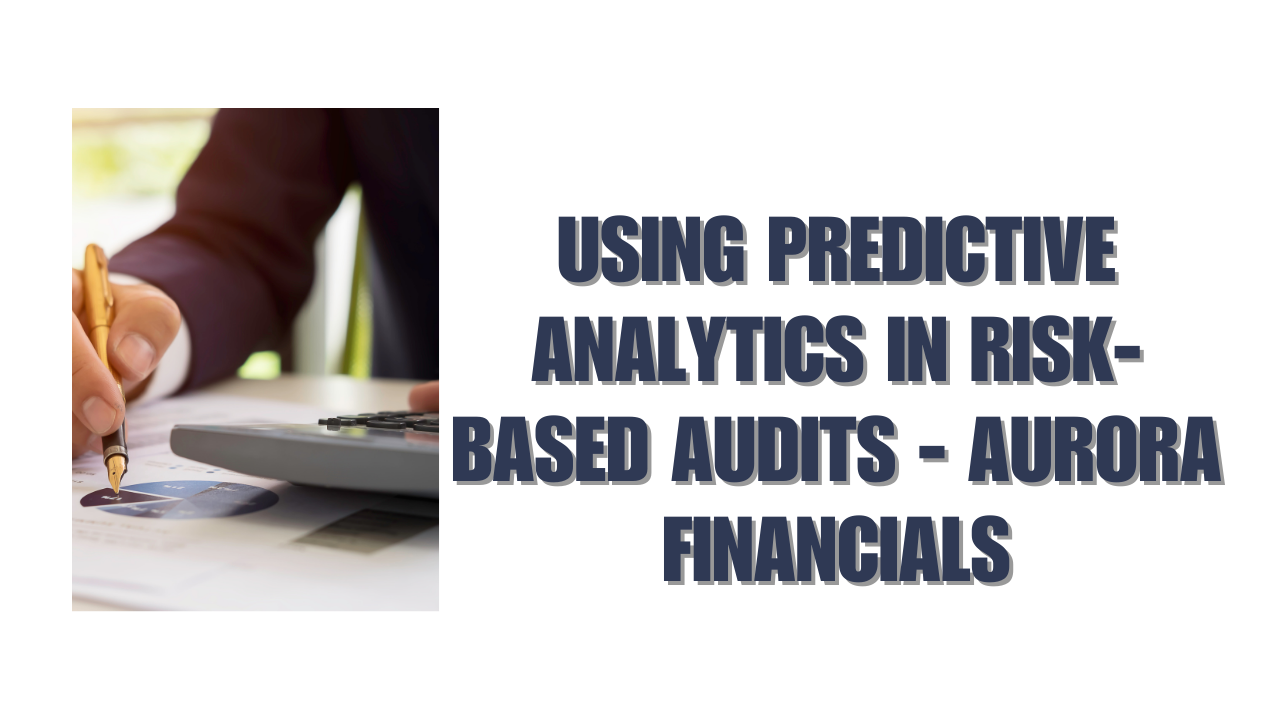Tax audits can hit any business without warning. Random selection or specific triggers might lead to an audit. That’s why picking reliable tax audit companies is vital to protect your business. These audits don’t just cost money directly. They eat up your precious time and can hurt your revenue generation too.
Business owners worry more these days as IRD audits happen frequently. The Audit Shield Master Policy gives you a safety net by paying for professional fees during tax investigations and reviews. This piece shows you what to think about when picking a tax audit company. You need one that fits your business needs and gives you detailed protection against audit challenges.
Essential Qualifications of a Reliable Tax Audit Company
Your first defense against audit complications starts with picking a tax audit company that knows what they’re doing. The quality of audit services depends on your chosen firm’s credentials and experience.
Professional certifications are the life-blood of auditor credibility. A good tax audit company should have staff with recognized accounting and auditing certifications. Quality audit firms want their team members to hold a Certified Public Accountant (CPA) license, Chartered Accountant (CA) designation, or Enrolled Agent (EA) credential. These certifications show that professionals meet tough educational and exam standards.
The right professionals should have targeted certifications like Certified Tax Coach (CTC) or Certified Tax Representative Consultant to handle specialized tax audit services. These special designations show advanced knowledge in specific tax planning areas that could be vital for your business.
Licensing and Registration Requirements
Audit firms must meet specific regulatory requirements beyond individual certifications. Firms doing Financial Markets Conduct (FMC) audits need registration, and their engagement partners should have proper licenses. This oversight makes sure firms stick to professional standards and quality control.
Accredited bodies take charge of regulating auditors and audit firms. The New Zealand Institute of Chartered Accountants (NZICA) handles licensing and registration for all New Zealand auditors and audit firms. This oversight from institutions adds credibility and accountability.
Experience and Industry Knowledge
A competent tax auditor needs more than academic qualifications. Real-world experience matters just as much. Many qualified tax audit professionals have worked more than 10 years in tax auditing or related fields, focusing on corporate taxation. This background gives them the practical knowledge to direct complex tax situations.
A firm’s deep industry experience helps them understand your specific business environment better. Auditors who know your industry bring valuable insights about specific regulations, common compliance problems, and what works best. A manufacturing auditor should know inventory valuation, cost accounting, and industry rules.
Technical Skills and Capabilities
Good tax audit professionals need specific skills to work well:
- Analytical skills – They should analyze big data sets, find patterns, and make solid conclusions
- Attention to detail – They need sharp eyes to catch small problems in financial records
- Communication skills – They must explain complex finance clearly to non-accountants
- Professional skepticism – They should question assumptions and look for proof
- Business acumen – They need to understand your business environment and accounting standards
Continuing Professional Development
Tax rules keep changing as new regulations appear. Good tax audit companies make sure their team keeps learning. About 54% of faculty with active CPA licenses say they keep them because their schools pay for Continuing Professional Education (CPE) or help with license fees.
CPE rules usually say certified professionals must complete some learning hours each year. This ongoing education keeps your audit team up to date with new tax laws, accounting standards, and audit methods.
Independence and Objectivity
External auditors must stay independent from your business to give honest opinions. They should avoid bias, conflicts of interest, or outside pressure that might cloud their judgment. An auditor who gave you consulting services before might face conflicts. Your audit firm’s objectivity affects how reliable and credible their findings are.
Technology and Methodology
Modern auditing uses data analytics and AI tools to spot patterns and unusual items. Tax audit companies with advanced methods can audit more efficiently, especially for businesses with complex finances.
Resource Availability
The audit firm should have enough time and resources for your company. Late audits can hurt financial reporting schedules and stakeholder trust. Make sure experienced auditors will review work and handle complex procedures, even when junior staff do routine tasks.
Looking at these qualifications carefully will help you find a partner who can guide your business through tax compliance and audit processes successfully.
FAQs
Q1. What are the key qualifications to look for in a tax audit company?
Look for companies with professionals holding CPA, CA, or EA certifications. They should also have relevant industry experience, strong analytical skills, and a commitment to ongoing professional development.
Q2. How important is industry-specific experience when choosing a tax audit firm?
Industry-specific experience is crucial as it equips auditors with insights into sector-specific regulations, common compliance issues, and best practices relevant to your business.
Q3. What role does technology play in modern tax auditing?
Modern tax auditing heavily relies on technology such as data analytics and AI tools to identify patterns and anomalies, offering more efficient and insightful audits, especially for businesses with complex financial structures.
Q4. Why is auditor independence important in tax audits?
Auditor independence is essential to ensure an unbiased opinion. It helps avoid situations where conflicts of interest or external influences might affect the professional judgment of the auditor, thus maintaining the credibility of the audit findings.
Q5. How can I ensure the tax audit company has sufficient resources for my business?
Before engagement, confirm that the audit firm can dedicate experienced auditors to review work and perform complex audit procedures. This ensures that your audit will be completed efficiently and within the required timelines.






